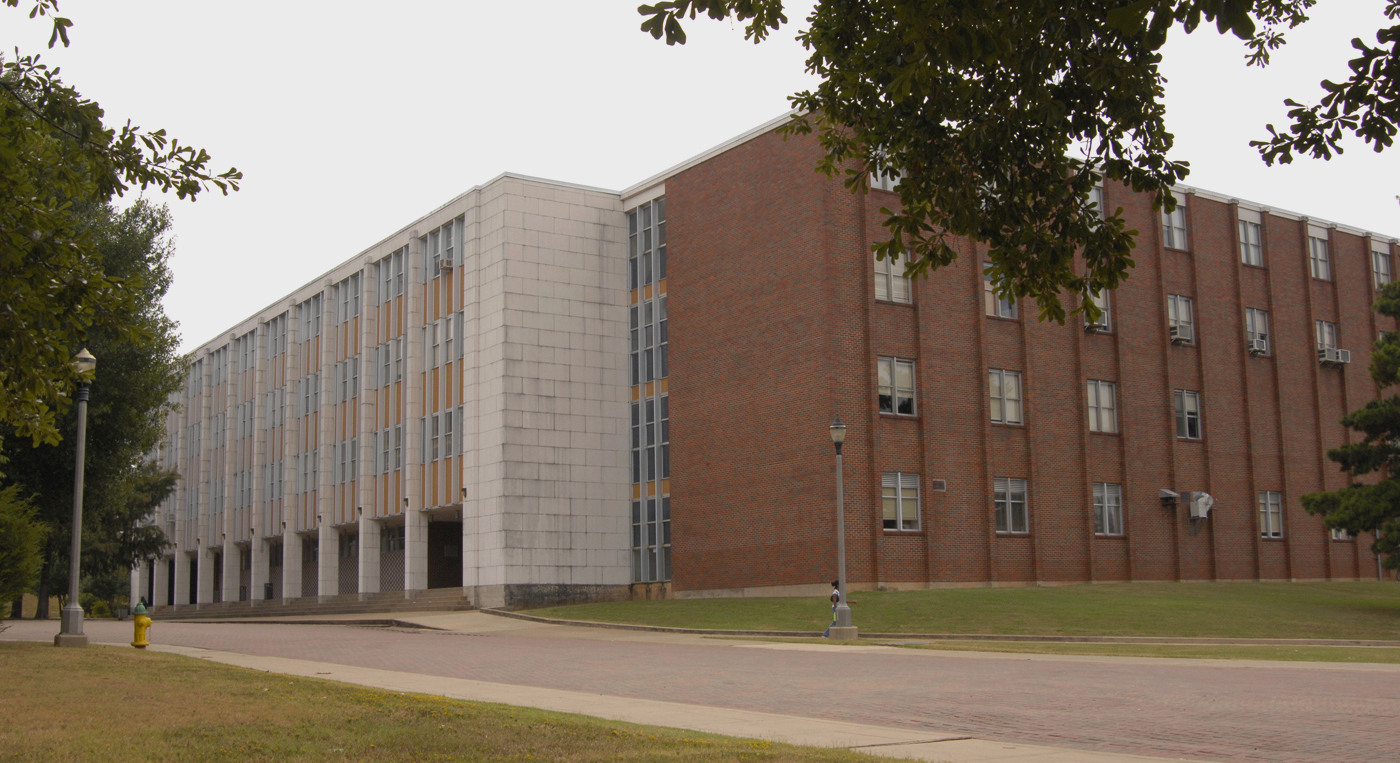NATCHITOCHES – The Department of Criminal Justice, History, and Social Sciences has been redesignated as the School of Social Sciences and Applied Programs. The change has been approved by the Board of Supervisors for the University of Louisiana System and the State Board of Regents.
The School of Social Sciences and Applied Programs is within the College of Arts and Sciences and offers a Bachelor of Arts in Criminal Justice, a concentration in pre-law and paralegal studies and a Bachelor of Arts in History. The School also offers a Bachelor of Science in Unified Public Safety Administration with concentrations in emergency management administration, fire and emergency medical services administration, geo computation, law enforcement administration, nuclear surety management and public facilities management. Undergraduate certificates in pre-law and paralegal studies, public policy and administration, and Remote Systems Science and Technology are also available. At the graduate level, a Master of Science in Homeland Security and a Post Masters Certificate in Global Security and Intelligence are offered by the School.
“The proposed structural and name change pays tribute to the legacy of social sciences at our University while simultaneously acknowledging the applied nature of our criminal justice, history, unified public safety administration, and homeland security programs,” said Dr. Mark Osborn Melder, director of the School of Social Sciences and Applied Programs. “Furthermore, it promotes the development of our new programs (such as RSST) and our recently approved minors in Black Studies and, American Indian and Indigenous Studies as well as provide for other opportunities for growth in the future.
Melder said the School is working to create a new, multidisciplinary undergraduate degree in Anthropology and Sociology. Within this degree, students will select a discipline from archaeology, cultural anthropology, or sociology and pair it with a concentration in sociological studies, Black studies, Creole studies, American Indian and Indigenous studies, or Remote Systems Science and Technology. Additionally, there will be several post baccalaureate certificates in these areas.
The School of Social Sciences and Applied Programs also provides service to the larger community. The School of Social Sciences and Applied Programs houses the Williamson Museum, the Louisiana Creole Heritage Center and the Southern Studies Institute. Each of these units provide unique resources to NSU students and researchers as well as the community and state.
The Williamson Museum, which is celebrating its 100th anniversary, has agreements under the Native American Graves Protection and Repatriation Act for Federally acknowledged Tribes and Nations. It serves as an official repository for archaeological collections recovered from Federal and State lands in northwestern Louisiana and presently curates ethnological materials from 41 southern and eastern American Indian tribes and communities and over 700 archaeological site collections from within Louisiana. It also holds joint curation with the Louisiana Division of Archaeology, the Caddo Nation of Oklahoma, the Tunica- Biloxi Tribe of Louisiana and the Coushatta Tribe of Louisiana.
The Louisiana Creole Heritage Center serves as a central clearinghouse and information bank for Creole communities and for those seeking knowledge, understanding, and appreciation of Creoles and their culture. It also functions as an office of support to national Creole communities and organizations, offering advice and assistance in matters that affect Creoles.
The Southern Studies Institute serves to encourage original research and publication of studies in fields that contribute to a greater knowledge and understanding of the South and its regional setting. The Institute publishes Southern Studies: An Interdisciplinary Journal of the South.


